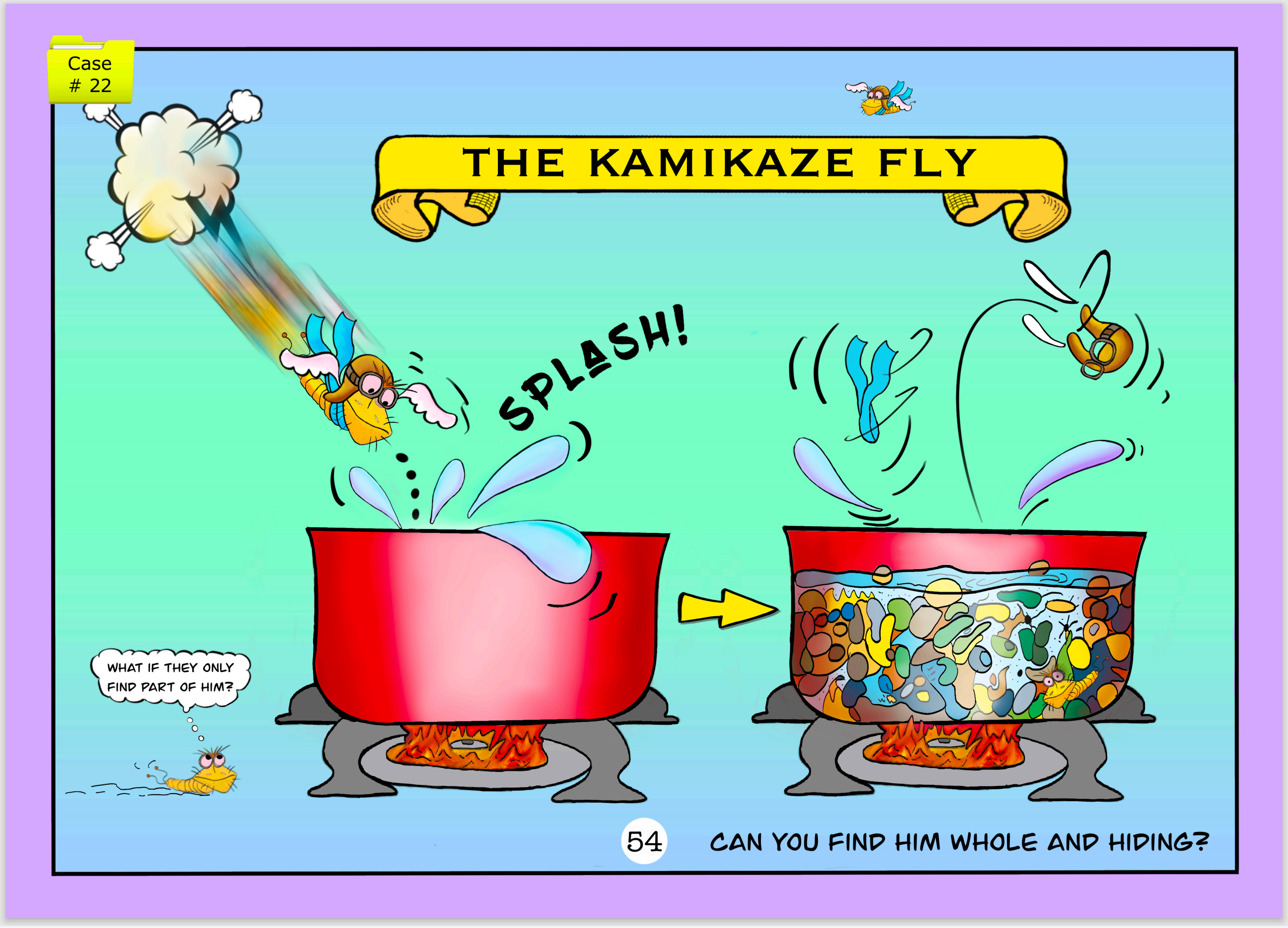Moshe said to Hashem, “Why have You done evil to Your servant; why have I not found favor in Your eyes, that You place the burden of this entire people upon me? Did I conceive this entire people, or did I give birth to them, that You say to me, “Carry them in your bosom as a nurse carries a suckling, to the land that You swore to their forefathers?” (11:11-12)
In this week’s parsha the Jews complain about the mann. Even worse than that, they want to return to Mitzrayim! By saying this, the people demonstrated their lack of faith in Moshe’s leadership. “Moshe heard the people weeping about the mann in their family groups, each one at the entrance of his tent, and the wrath of Hashem flared greatly; and in the eyes of Moshe it was bad.” (11:10)
Moshe despaired, and complained to Hashem. His complaint, in its simple meaning, is one of the strangest in the Torah: Did I carry this nation (as a pregnant mother), did I actually give birth to them and did I nurse them?
In order to understand why Moshe chose these words we must understand how avoda zora (idol worship) came into the world. It began with people thinking that since the moon and stars were given certain powers by the Creator they were capable of carrying requests to Him and could intervene on one’s behalf. Eventually people appealed directly to the celestial beings rather than to God Himself. Using the following story (Tosefos, Tanis 8A) we can see how this works.
Once there was a young woman who fell into a pit. Along came a young man who said, “I will take you out of this pit on the condition that you will eventually marry me.” He took her out of the pit and they exchanged vows. “But who will be our witnesses?” she asked. “The weasel and the pit,” he answered. She went home to her city and waited. He returned home as well but forgot about the incident and married someone else. His first son was fatally bitten by a weasel and his second son fell to his death in a pit. The young man’s wife asked him if he had done anything that would warrant such tragedies. He recalled his promise to the first woman, divorced his wife and married the woman he rescued.
We learn from this story that if a person puts his faith in something, even if it is inanimate, it has influence over him. Since the young man in our story believed that the weasel and the pit could become witnesses, they were empowered to act as such and exact judgment.
We learn from the deeds of Yiftach (Shmuel 11) that this also applies to people. Yiftach lived in exile from the rest of the nation because it was not known who his father was. No tribe would take him in. He gathered together the outcasts of society and survived by raiding the non-Jews in his area. The Jews living in Gilad were fighting the nation of Amon at that time and the war was not going well. When they first appealed to Yiftach to help he rejected them. When Bnai Gilad appealed a second time Yiftach agreed to help on condition that he would unanimously be appointed leader. Why did he need a unanimous agreement? The answer is that in order for Yiftach to succeed he needed to receive the strength to do so from shemayim. This could only happen if the people put their faith in him.
Now we can understand why Moshe said, Did I carry this nation (as a pregnant mother), did I actually give birth to them and did I nurse them? He meant that the people did not believe him the same way a child believes in his parents. A child doesn’t question the promises of a parent, he fully expects the parent to supply all his needs. This is natural. However, Bnai Yisrael doubted Moshe therefore he was not able to receive the full siyata d’shamaya that was needed to lead them.
And us? Where do we receive the strength to raise our families? Is it our great wisdom or our sharp financial insights? Our success is because Hashem has mercy on those who are dependent upon us!
Over the years people have asked me if I would ever draw cartoons depicting some of the cases found in Yora Daya. Well, the answer is yes! I recently published a sefer called The Great Game of Kashrut. Click on the link to find out more: The Great Game of Kashrut

To order a copy of The Great Game of Kashrut follow this link: The Great Game of Kashrut
If you would like to dedicate a Davar Torah in honor of a special occasion or in memory of a beloved family member please contact Yisroel Simon at yisroel@judaism613.com.
Good Shabbos,R’ Channenjudaism613.org